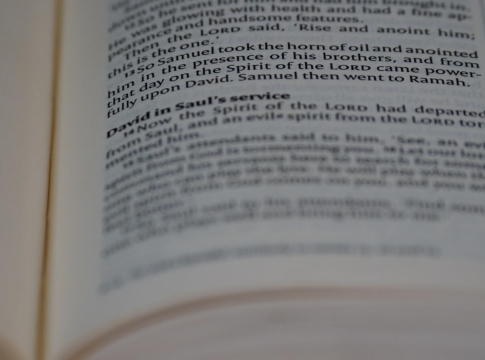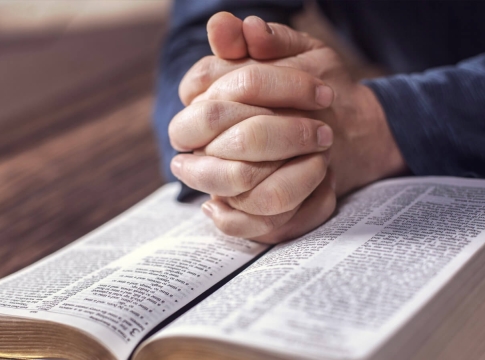
The third book of the Bible, or the books of the law, is the book of Leviticus. There are five books in this group. Since the priests were members of the tribe of Levi, Leviticus serves as a kind of textbook for them. It provides information on laws, regulations, and sacrifices related to worship in the temple and communal living among the Israelites.
Theme of the book Leviticus
The book’s central idea is holiness. To serve as an example of what it means to be God’s people to the rest of the world, the people of Israel were selected as God’s holy people from among all other countries. The first section of the book is a list of the various sacrifices the Israelites made to God; each one of them foreshadows the death of Jesus as the one sacrifice that would be made only once, forever. The animals that were employed had to be pure and untainted.
Different offerings in Leviticus
The burnt offering, grain offering, and peace offering are the first three sacrifices that are mentioned. These were presented to the Lord in adoration, and they anticipate Christ being offered for us, Jesus as the life-giving bread, and Jesus’ atoning service, which will reconcile us to God. The guilt offering and the sin offering are the other two offerings. These were for inadvertent transgressions and served as a reminder that no one who has sinned is welcome in God’s presence.
Jesus made the perfect offering
Death is the only way to cope with sin. The Old Testament taught that sin might be atoned for by [the killing of an animal], but the New Testament makes it clear that this is not possible (Hebrews 9:9–10). It was therefore necessary for Christ to die, and God has accepted this as the one and only sacrifice that Christ made for all of humanity.
God’s law is a high standard
Laws are in place regarding priests, the populace, and the annual feasts. “To love the Lord your God with all your heart, soul, and mind… and the second is like it, to love your neighbor as yourself,” according to Jesus, is the greatest commandment (Mark 12:28–34). The book of Leviticus, which deals with guidelines and regulations for a society that abides by God’s will, serves as a summary of this. The phrase “Be holy for I am holy” appears repeatedly when discussing cleanliness and purity (Leviticus 1:44-45; 20:2,7; 19:2). The statement, “I will also walk among you and be your God, and you shall be my people,” serves as another reminder to the people that God is among them (Leviticus 26:12).
Blessings and curses are promised
God lists blessings for obedience and penalties for disobedience at the end of the book. The Old Testament demonstrates that while the blessings were realized when the people trusted in and obeyed God, the curses were also realized when the people disregarded him. In the end, the people were attacked, vanquished, and sent into exile abroad, exactly as God had forewarned in this book.
Summary
In Leviticus, what does God teach us? God is holy in that sense. Sin needs to be addressed. God is among His people. [Holy] means that we are to be set apart for God. It is our duty to love and care for others as we would like to be loved and cared for. The meaning of Jesus Christ’s life and death is explained to us in the book of Leviticus.





